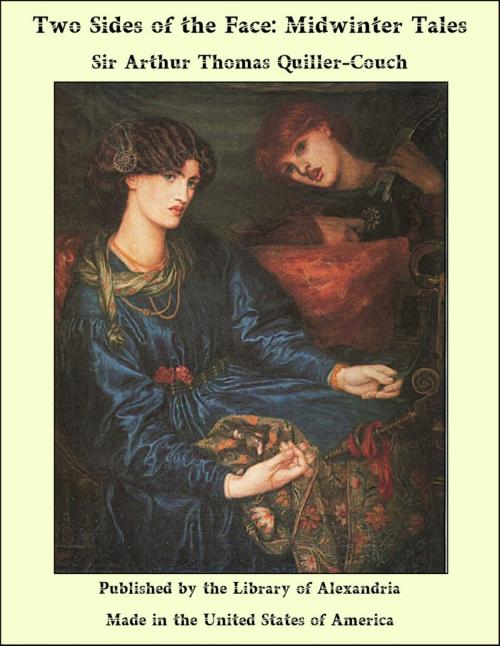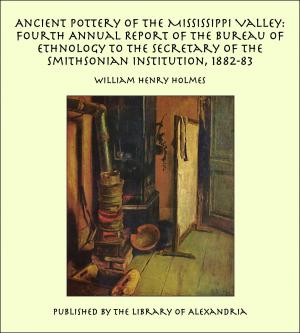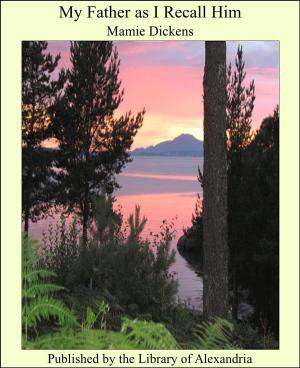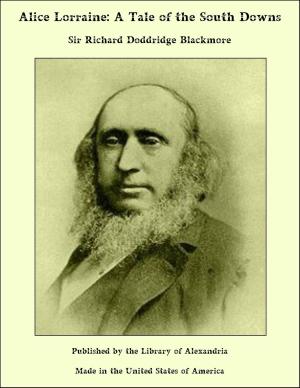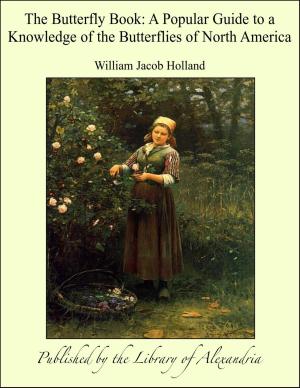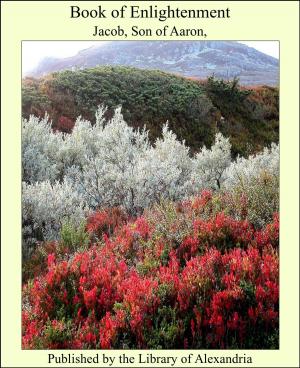Two Sides of the Face: Midwinter Tales
Nonfiction, Religion & Spirituality, New Age, History, Fiction & Literature| Author: | Sir Arthur Thomas Quiller-Couch | ISBN: | 9781465594235 |
| Publisher: | Library of Alexandria | Publication: | March 8, 2015 |
| Imprint: | Language: | English |
| Author: | Sir Arthur Thomas Quiller-Couch |
| ISBN: | 9781465594235 |
| Publisher: | Library of Alexandria |
| Publication: | March 8, 2015 |
| Imprint: | |
| Language: | English |
Beside a high-road in the extreme West of England stands a house which you might pass many times without suspecting it of a dark history or, indeed, any history worth mention. The country itself, which here slopes westward from the Mining District to Mount's Bay, has little beauty and—unless you happen to have studied it—little interest. It is bare, and it comes near to be savage without attaining to the romantic. It includes, to be sure, one or two spots of singular beauty; but they hide themselves and are not discoverable from the road, which rewards you only by its extravagant wealth of wild flowers, its clean sea-breeze, and perhaps a sunset flaming across the low levels and silhouetting the long shoulder of Godolphin Hill between you and the Atlantic, five miles distant. Noting, as you passed, the size of the house, its evident marks of age, and the meanness of its more modern outbuildings, you would set it down for the residence of an old yeoman family fallen on evil days. And your second thought—if it suggested a second—might be that these old yeomen, not content with a lonely dwelling in a lonely angle of the land, had churlishly built themselves in and away from sight even of the infrequent traveller; for a high wall enclosing a courtlage in front screens all but the upper story with its slated roof, heavy chimneys and narrow upper windows; and these again are half hidden by the boughs of two ragged yew trees growing within the enclosure. Behind the house, on a rising slope, tilled fields have invaded a plantation of noble ash trees and cut it back to a thin and ugly quadrilateral. Ill-kept as they are, and already dilapidated, the modern farm-buildings wear a friendlier look than the old mansion, and by contrast a cheerful air, as of inferiors out-at-elbows, indeed, but unashamed, having no lost dignities to brood upon.
Beside a high-road in the extreme West of England stands a house which you might pass many times without suspecting it of a dark history or, indeed, any history worth mention. The country itself, which here slopes westward from the Mining District to Mount's Bay, has little beauty and—unless you happen to have studied it—little interest. It is bare, and it comes near to be savage without attaining to the romantic. It includes, to be sure, one or two spots of singular beauty; but they hide themselves and are not discoverable from the road, which rewards you only by its extravagant wealth of wild flowers, its clean sea-breeze, and perhaps a sunset flaming across the low levels and silhouetting the long shoulder of Godolphin Hill between you and the Atlantic, five miles distant. Noting, as you passed, the size of the house, its evident marks of age, and the meanness of its more modern outbuildings, you would set it down for the residence of an old yeoman family fallen on evil days. And your second thought—if it suggested a second—might be that these old yeomen, not content with a lonely dwelling in a lonely angle of the land, had churlishly built themselves in and away from sight even of the infrequent traveller; for a high wall enclosing a courtlage in front screens all but the upper story with its slated roof, heavy chimneys and narrow upper windows; and these again are half hidden by the boughs of two ragged yew trees growing within the enclosure. Behind the house, on a rising slope, tilled fields have invaded a plantation of noble ash trees and cut it back to a thin and ugly quadrilateral. Ill-kept as they are, and already dilapidated, the modern farm-buildings wear a friendlier look than the old mansion, and by contrast a cheerful air, as of inferiors out-at-elbows, indeed, but unashamed, having no lost dignities to brood upon.
